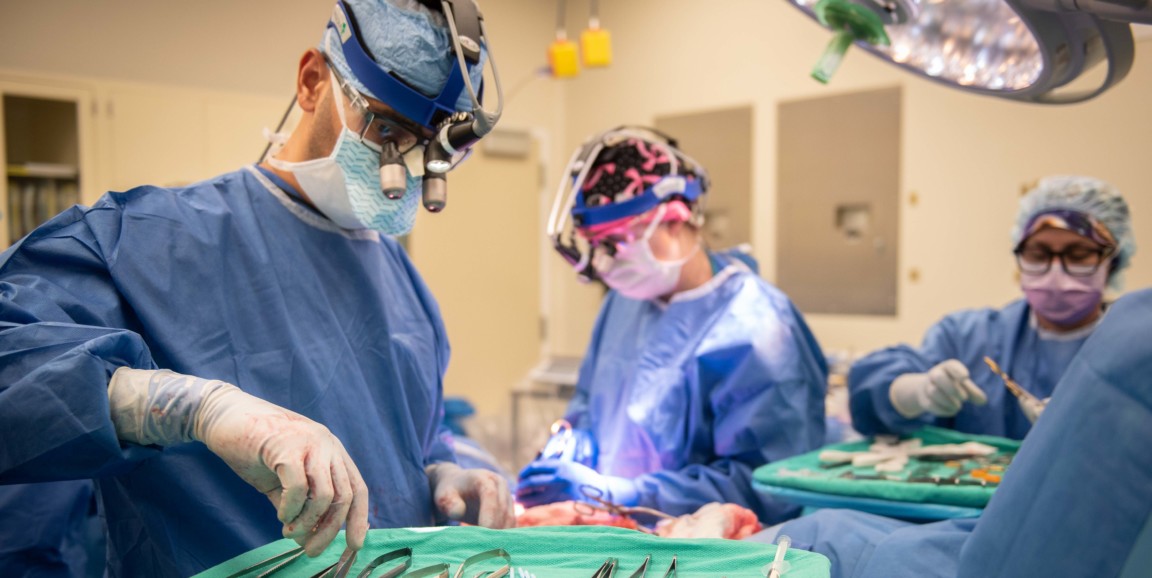The year 2013 blew into my world like a whirlwind. I turned 58 and I had always been a healthy person. I prided myself on it. I'd been a vegetarian for 40 years. And since I was one of the rare folks who'd never had a driver's license, I spent a lot of time walking, and I loved it.
I had a physical exam every year, dental cleanings twice a year, and regular visits with the optometrist. But the one thing I pushed the snooze-button on would come back to haunt me.
When I turned 50 in 2005, my doctor began recommending a colonoscopy. At first, I would tell her, "Oh yes, I'll have to do that." But as the years passed, I would say, instead, "I just don't want to."
Why did I resist? I dwelled on the potential risks of the test itself, rather than what might happen if I were actually diagnosed with cancer (a possibility that never entered my mind). I also started catastrophizing the prep procedure -- and in the meantime, the years passed.
Then in January 2013, my stomach began to bother me. I assumed it was something I ate, or anxiety.
The week at work was uneventful, except that my stomach continued to bother me. When I left for the day on Friday, I wished my coworkers a nice weekend, and went home. I had no idea that I'd never return.
Over the course of the weekend, I went to the library, saw a matinee and had pizza for lunch. It was the usual ho-hum weekend I generally had. My business-as-usual weekend changed when I went to bed on Sunday night. My stomach felt funny. I could hear strange, sloshing sounds inside my belly.
I felt ill all day Monday. That night, again, I had the sloshing sensation in my stomach -- but also a disturbing twisting in my belly. On Tuesday, I decided to go to urgent care. The doctor there said I likely had a stomach flu. If I wasn't feeling better in a few days I should return.
The uncontrollable hiccuping started on Wednesday. I was hardly eating, and I felt weak and tired.
Still hiccupping and feeling strange on Saturday, I reluctantly decided to go back to urgent care. As I explained my symptoms, the doctor examined me. "Hmm," he said when he pressed my belly, which at this point was hard and distended.
"I want to run some tests," he said evenly.
So, I lay there, waiting for the results. I was bored and tired, and I wanted to go home. After I had been there about three hours, the doctor reappeared. We looked each other in the eye. He told me he wanted to do a CT scan.
My calm was beginning to fray. After the scan, it seemed a long time until the doctor poked his head in. He sat on his little round stool.
"You have a mass on your colon," he said matter-of-factly. "Do you have a hospital you like?"
It was starting to sink in slowly, I was being taken to nearby Stanford Hospital -- for surgery.
Before I knew it, I was in a bed in a hospital room. A doctor appeared -- and I liked and trusted her immediately. I wasn't fearful, which shocked the bejesus out of me. After a lifetime of fretting about the terrible things that could happen to me, here was one of the worst imaginable -- and I wasn't afraid.
Much of it was a blur. I do remember thinking it's Saturday evening; I should be home, taking a bath or reading a book.
I was taken to surgery and by the time it was over, they had removed my entire descending colon, my appendix, and some lymph nodes to boot. As an added bonus, I'd been given a colostomy.
I drifted in and out of consciousness for a while, but by around midnight I knew where I was and what had happened.
It was dark and quiet. I had just had cancer surgery. But I was alive.
This piece, originally in longer form, is part of an ongoing collaboration with Months to Years, a nonprofit quarterly publication that showcases nonfiction, poetry and art exploring mortality and terminal illness.
Mal Schoen was a lifelong journal writer, voracious reader, and vegetarian who lived in Menlo Park, California. Although he was treated at Stanford, he provided all information included in this piece. Schoen died in February 2018 after living five years with metastatic colon cancer.
Photo by Rachel Baker




